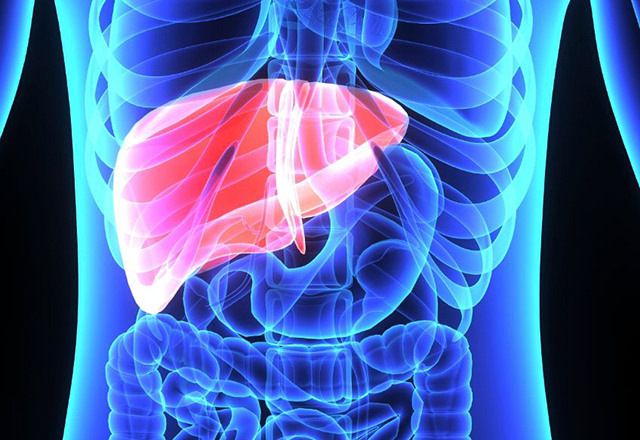Monica Karas • Isabel Bernal • Oscar Diaz • Ola Alshammari • David Baggett • Thomas Bronk • Siam Chawdhury • Adi Eylon • Evelyn Garcia • Kyiana Haughton • Breanne Kothe • Andrew M. Joseph • Robin J. Jacobs
Abstract
SARS-CoV-2, responsible for the COVID-19 pandemic, is a highly infectious virus that quickly became and continues to be a public health emergency, given the severe international implications. Immunocompromised patients, such as those undergoing kidney transplantation, are at an increased risk for severe illness from COVID-19 and require hospitalization for more aggressive treatment to ensure survival. COVID-19 has been infecting kidney transplant recipients (KTRs), affecting their treatment protocols, and threatening their survival.
Read the complete abstract on Cureus.com.





